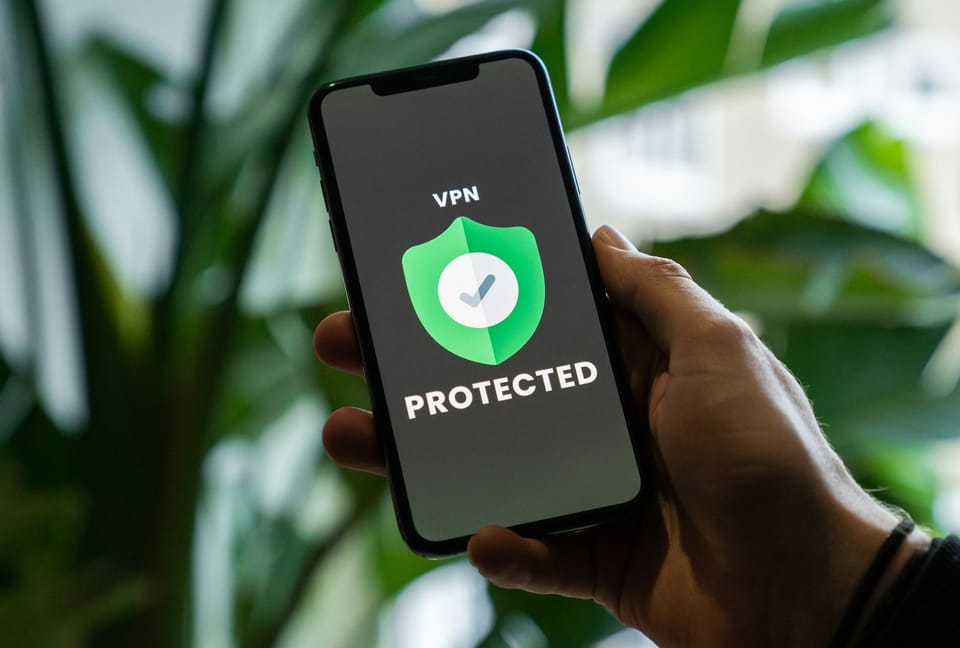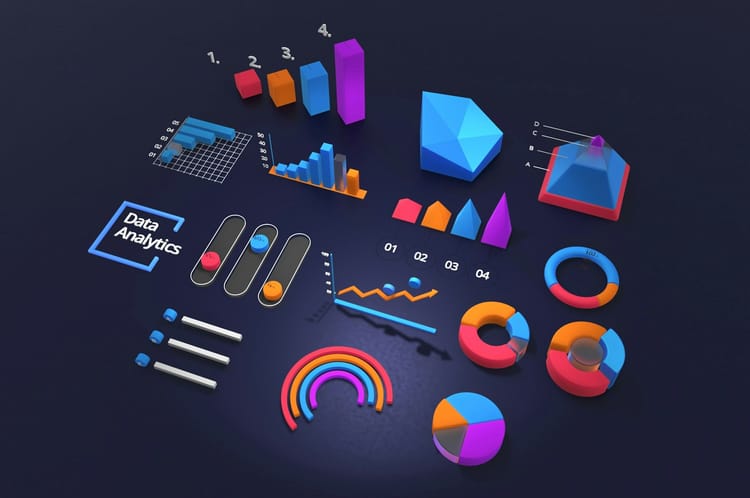The Role of VPNs in enhancing Online Privacy and Security

In today’s digital age, online privacy and security are more critical than ever. The internet has become an essential part of our lives, yet it also exposes us to various risks, including surveillance, data breaches, and cyberattacks.
This is where Virtual Private Networks (VPNs) come into play. VPNs have become a popular tool for enhancing online privacy and security, but many people still don’t fully understand how they work or why they are essential.
What is a VPN?
A Virtual Private Network (VPN) is a service that allows you to create a secure, encrypted connection between your device and the internet. When you use a VPN, your internet traffic is routed through a remote server, which masks your IP address and encrypts your online activities. This makes it more difficult for third parties (such as hackers, advertisers, or government agencies) to track your online behavior or access your personal data.
In essence, a VPN creates a private, secure tunnel between your device and the internet, protecting your information from prying eyes.
How Does a VPN Work?
When you connect to a VPN, your internet traffic is redirected through a remote VPN server, which acts as an intermediary between your device and the websites you visit. This process involves several key elements:
- Encryption: Your data is encrypted using protocols like AES (Advanced Encryption Standard), which scrambles your data so that it cannot be read by anyone who intercepts it. This ensures that even if hackers or other malicious actors gain access to your internet traffic, they won’t be able to decipher the information.
- IP Address Masking: A VPN replaces your real IP address with that of the VPN server, effectively masking your location and identity. This is crucial for protecting your anonymity online, as your IP address can be used to track your physical location, browsing habits, and more.
- Secure Tunnel: The data sent between your device and the VPN server is transmitted through a secure tunnel, which prevents unauthorized access. This secure connection protects your data from man-in-the-middle attacks, which can occur when malicious actors intercept communications between your device and a website.

Key Benefits of Using a VPN
Now that we understand what a VPN is and how it works, let’s delve into the key benefits of using a VPN for enhancing privacy and security:
1. Enhanced Privacy and Anonymity
One of the most significant advantages of using a VPN is its ability to enhance privacy and anonymity online. By masking your IP address, a VPN ensures that your online activities cannot be traced back to you. This is particularly important in a world where online tracking is pervasive.
Websites, search engines, and advertisers use your IP address to track your browsing behavior and build a profile of you. With a VPN, this tracking becomes much harder, as your real IP address is hidden, and your online behavior is harder to trace. Whether you’re browsing the web, engaging on social media, or making online purchases, a VPN ensures your personal information remains private.
2. Data Encryption and Protection
When you use public Wi-Fi networks (such as those in cafes, airports, or hotels), your data is vulnerable to interception by hackers. Public Wi-Fi is often unsecured, meaning that anyone within range of the network can potentially access your data.
A VPN encrypts your internet connection, even on public Wi-Fi, ensuring that your data is scrambled and protected from unauthorized access. Whether you’re entering sensitive information like login credentials, banking details, or personal data, a VPN ensures that your information is secure from hackers trying to steal it on public networks.
3. Bypassing Geo-Restrictions and Censorship
Many websites and online services restrict access based on your geographical location. For example, certain streaming platforms (like Netflix, Hulu, or BBC iPlayer) may only be available to users in specific countries. Similarly, some governments impose internet censorship, blocking access to certain websites or content.
With a VPN, you can bypass these geo-restrictions and censorship by connecting to a VPN server in a country where the content is accessible. This allows you to enjoy unrestricted access to websites, social media, and streaming platforms, no matter where you are in the world. VPNs are particularly useful for expats, travelers, or anyone seeking to access content that’s unavailable in their region.
4. Protection from Tracking and Profiling
Advertisers and websites track your online activities to build detailed profiles about your interests, behaviors, and preferences. This is often done through cookies, tracking scripts, and other tracking technologies. While this tracking is typically used for targeted advertising, it can also be an invasion of your privacy.
A VPN helps protect you from such tracking by masking your IP address and preventing websites from identifying your location or personal details. By using a VPN, you reduce the amount of data that advertisers and websites can collect about you, which can also help reduce the number of targeted ads you see.
5. Protection Against Hackers and Cybercriminals
Hackers and cybercriminals are constantly on the lookout for ways to steal sensitive information. One of the most common methods they use is man-in-the-middle attacks, where they intercept data sent between your device and a website. This can happen when you're using an unsecured network, such as public Wi-Fi.
A VPN’s encryption and secure tunnel help protect you from such attacks. By encrypting your internet traffic, the VPN ensures that even if a hacker manages to intercept your data, they won’t be able to read or access it. This is especially important for individuals who handle sensitive information online, such as business professionals, journalists, or anyone who uses online banking.
6. Improved Online Security for Remote Work
As remote work becomes more common, online security is a growing concern for both individuals and businesses. VPNs play a crucial role in securing remote work environments by allowing employees to access company networks securely, even from remote locations. VPNs ensure that sensitive company data remains protected by encrypting communications between remote workers and the company’s internal network.
Additionally, businesses can use VPNs to enforce stricter security policies, such as requiring employees to use a VPN to access certain resources. This helps prevent unauthorized access to corporate data and reduces the risk of security breaches.
7. Avoiding ISP Throttling
Some Internet Service Providers (ISPs) may intentionally slow down your internet connection when they detect specific activities, such as streaming video or gaming. This practice, known as throttling, can be frustrating and affect your overall internet experience.
When you use a VPN, your ISP cannot see what you’re doing online, as your internet traffic is encrypted and routed through a remote server. As a result, your ISP cannot throttle your connection based on your activities. This can lead to faster speeds when streaming, gaming, or browsing the internet.

Choosing the Right VPN
While VPNs offer numerous benefits, it’s essential to choose the right VPN provider. Here are a few factors to consider when selecting a VPN:
- Encryption Strength: Look for a VPN that uses strong encryption protocols (like AES-256) to protect your data.
- No-Logs Policy: Ensure that the VPN provider has a strict no-logs policy, meaning they don’t store information about your online activities.
- Server Locations: Choose a VPN provider with a wide range of server locations, especially if you want to bypass geo-restrictions or access content from specific countries.
- Speed and Performance: Opt for a VPN that offers fast speeds, especially if you plan to stream or download large files.
- Compatibility: Ensure the VPN works on all the devices and platforms you use, whether it’s Windows, Linux, Android, iOS, or others.
Conclusion
VPNs play a crucial role in enhancing online privacy and security by providing encryption, masking IP addresses, and protecting users from surveillance, hackers, and data theft. Whether you’re concerned about privacy, security, or accessing restricted content, a VPN offers a powerful solution to safeguard your online activities.
As internet threats continue to evolve, using a VPN has become a necessary tool for anyone who values their privacy and security online. By investing in a reliable VPN, you can enjoy greater peace of mind, knowing that your personal information is protected from prying eyes.
In a world where online threats are constantly growing, a VPN is no longer just a luxury and it has become a necessity!




